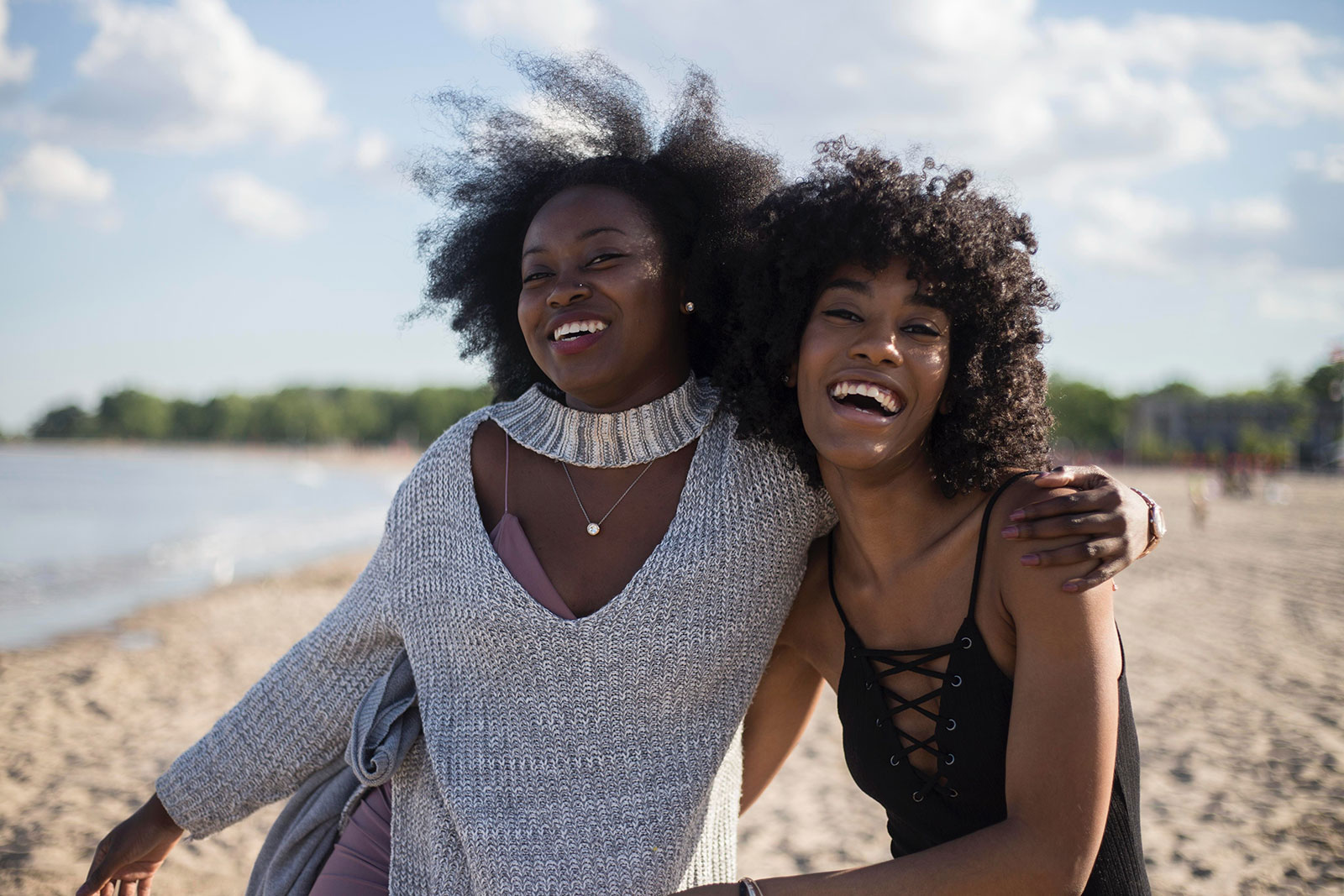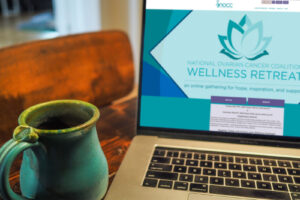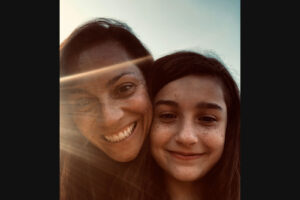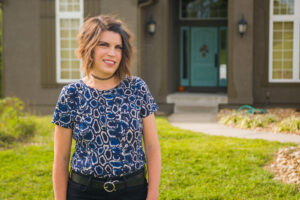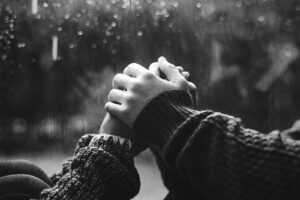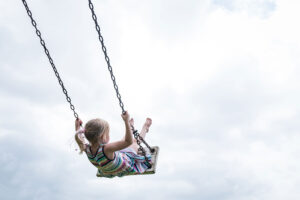Even with the most well-meaning friends and family, a cancer diagnosis can be an isolating experience. Resources connecting cancer patients to help form supportive bonds can be difficult to access. They can also bring up triggering information or miss the mark when searching for a relatable peer. This feeling can be even more intensified when the diagnosis happens in younger adult age groups where cancer is less common. That’s where Resilientship, a new friendship matchmaking service for women 18–40 who are living with cancer, comes in.
Resilientship founder Stephanie Wang says, “Loneliness sometimes is even more painful than cancer itself.” Wang was diagnosed with lung cancer at 24 and found herself seeking spaces to connect with other people living with cancer. Online forums were difficult to maneuver and it was even more challenging finding support groups of women within her age range who could understand her specific circumstances.
Eventually, she befriended a woman in her 70s and a man closer to her own age. “It was still so comforting because I finally had people that knew exactly what I was going through and that just made me feel a lot less alone,” Wang describes. “It’s so great that I had their constant support.” Still, something was missing. She wanted to meet gal pals in her peer group who were going through similar challenges with their cancer. Resilientship was soon born.
A “resilientship” is a friendship built on resilience, strength and persistence. It’s a reminder that you are not alone and an opportunity to see your own tenacity reflected back through a growing, supportive relationship.
“I was thinking about the word ‘resilient’ and resilience. […] I just thought of that word for anyone who’s going through cancer—that we didn’t ask to go through this. We didn’t know we could go through this, but somehow we’re going through it and we’re doing it. And we don’t know how we’re doing it,” says Wang. “I just married that with the word ‘friendship.’ We had Resilientship.”
Finding your own resilientship is free, easy and personalized. Simply fill out the form on their website with details, like what you hope to get out of this relationship. Next, Wang and her team will select a match from their database. The aim is to find someone within a similar age range, diagnosis, personality and goals. “It’s a very one-on-one model, which we were very intentional about choosing, because I wanted the space to be as safe as possible from the get-go. Especially when you’re talking about very sensitive information, like your cancer story, we wanted to really eliminate any factors that might make them feel awkward or unsafe,” adds Wang.
Whether you are a mother of five or dealing with infertility, Resilientship wants to match you with someone relatable. The new friends will be given each other’s email addresses to begin reaching out. Currently, Resilientship is only open to women ages 18–40; however, those who fall outside of those lines are still encouraged to sign up as there are plans to expand in the future.
A “resilientship” is a friendship built on resilience, strength and persistence.
Resilientship isn’t meant to forget about your existing support system; instead, they aim to enhance and expand it. For friends and family outside of Resilientship who want to know how to better support, Wang offers the following advice: “I think the best thing we can do is to always just listen and be present—to not show up with [the] intention of offering advice to them, or saying words that we think [are] going to make someone feel better.” And none of that toxic positivity nonsense either. “That can get very draining,” adds Wang.
“I truly believe that just having one person that understands what you’re going through, especially when [they’re the] same age, same diagnosis, you really feel like [you’re] not the only person,” says Wang. “That can help so much in your whole entire experience going through cancer.” You don’t have to do this alone.
To find your match, visit resilientship.com.

